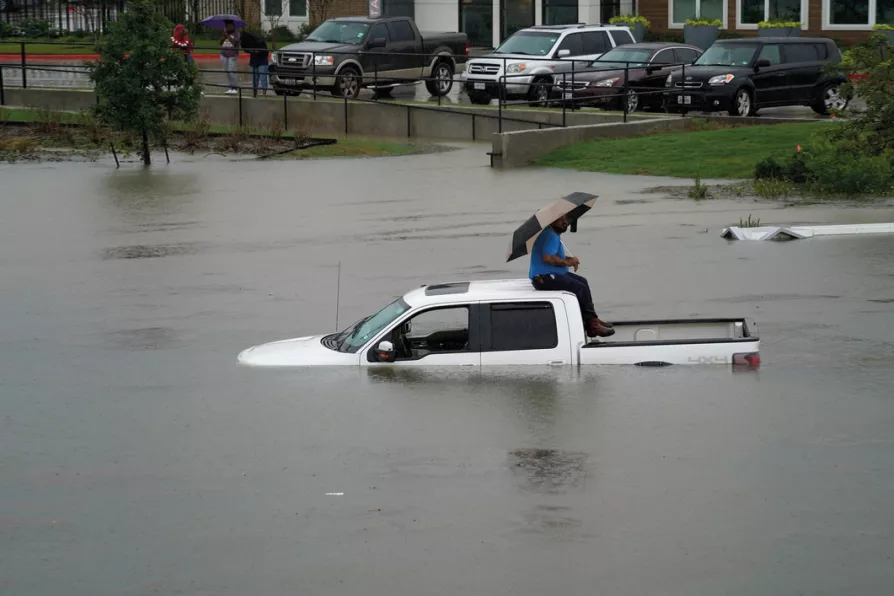Labour prospects in May elections may be irrevocably damaged by Birmingham Council’s costly refusal to settle the year-long dispute, warns STEVE WRIGHT

 It's not just cars and petrol: a switch to capitalism with electric vehicles and renewable energy will not address the fact that climate change is driven by the mistaken idea we can have infinite growth
It's not just cars and petrol: a switch to capitalism with electric vehicles and renewable energy will not address the fact that climate change is driven by the mistaken idea we can have infinite growth
“DON’T choose extinction.” This was the simple advice offered by a dinosaur in the UN’s CGI video message to global leaders. The question is whether any have the sense to heed it.
The chaotic upheavals surrounding Glasgow’s Cop26 gathering suggest the message is not getting through fast enough.
To be fair, there were hopeful signs.

IAN SINCLAIR recommends an important and timely book for climate politics right now and in the future

From summit to summit, imperialist companies and governments cut, delay or water down their commitments, warn the Communist Parties of Britain, France, Portugal and Spain and the Workers Party of Belgium in a joint statement on Cop30

The collapse of the Atlantic Meridional Overturning Circulation poses an existential threat — but do today’s politicians have the capacity to deliver the more resilient and sustainable economics of tomorrow, wonders ALAN SIMPSON

ALAN SIMPSON warns of a dystopian crossroads where Trump’s wrecking ball meets AI-driven alienation, and argues only a Green New Deal can repair our fractured society before techno-feudalism consumes us all











